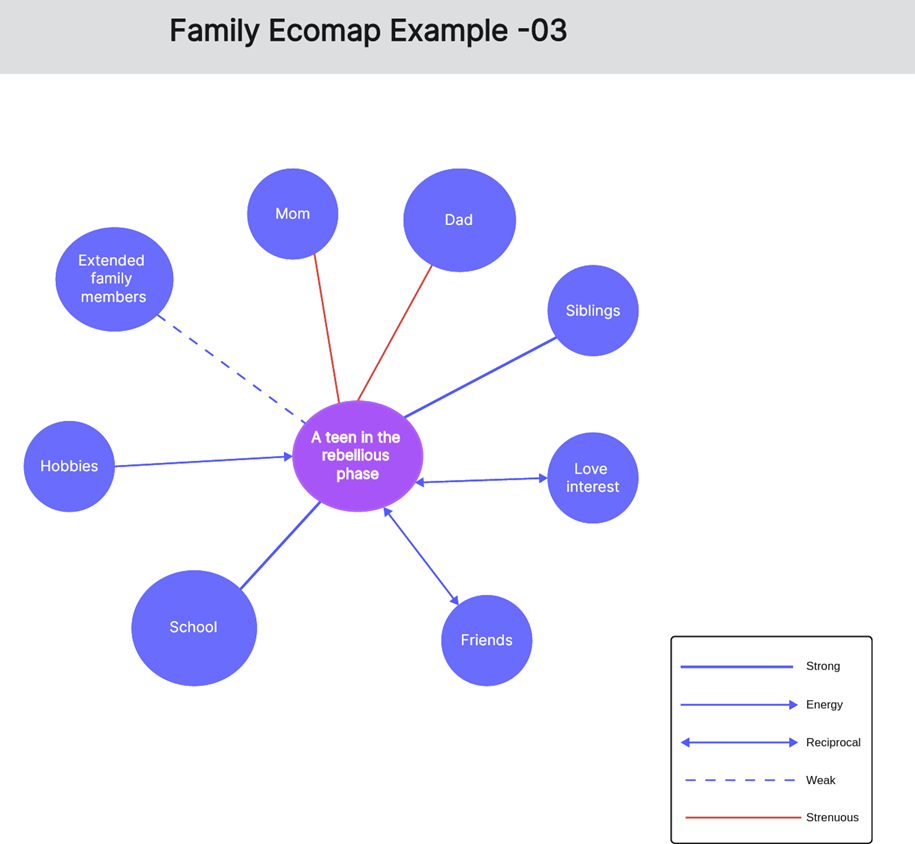A school nurse is planning secondary prevention initiatives for school-age students. Which of the following interventions should the nurse plan to implement?
Immunization clinics
Smoking cessation classes
Scoliosis screenings
Support groups
Support groups
The Correct Answer is C
Choice A reason: Immunization clinics are typically considered a form of primary prevention, as they aim to prevent diseases before they occur.
Choice B reason: Smoking cessation classes are more aligned with tertiary prevention, focusing on individuals who already have a health issue (smoking) and are trying to prevent further complications or progression of disease.
Choice C reason: Scoliosis screenings are a form of secondary prevention. They are designed to detect scoliosis early in school-age children, which can then be managed before the condition worsens.
Choice D reason: Support groups are generally a part of tertiary prevention, providing support to individuals who are already affected by a health issue to help manage their condition.
Nursing Test Bank
Naxlex Comprehensive Predictor Exams
Related Questions
Correct Answer is A
Explanation
Choice A reason: An ecomap is a graphical representation that shows all of the systems at play in an individual's life. It is used to visualize the personal and social relationships within the community that impact the family.
Choice B reason: Healthy People 2030 is a set of objectives for improving the health of Americans, but it is not an assessment tool for family relationships within the community.
Choice C reason: Social Determinants of Health (SDOH) are conditions in the environments where people live, learn, work, and play that affect a wide range of health risks and outcomes, but SDOH itself is not an assessment tool.
Choice D reason: A genogram is a family tree that includes detailed information about the relationships among relatives. It is more focused on family structure and history rather than the family's relationships with community systems.

Correct Answer is A
Explanation
Choice A reason: This demonstrates cultural competence by acknowledging and incorporating the client's cultural practices into their care plan.
Choice B reason: This statement does not demonstrate cultural competence but rather a lack of understanding and respect for the client's cultural practices.
Choice C reason: While family members can be helpful, using a professional interpreter is recommended to ensure accurate communication and to maintain confidentiality.

Choice D reason: Advising against the use of herbal teas does not reflect cultural competence. A culturally competent approach would involve discussing the client's beliefs and providing evidence-based guidance.
Whether you are a student looking to ace your exams or a practicing nurse seeking to enhance your expertise , our nursing education contents will empower you with the confidence and competence to make a difference in the lives of patients and become a respected leader in the healthcare field.
Visit Naxlex, invest in your future and unlock endless possibilities with our unparalleled nursing education contents today
Report Wrong Answer on the Current Question
Do you disagree with the answer? If yes, what is your expected answer? Explain.
Kindly be descriptive with the issue you are facing.
